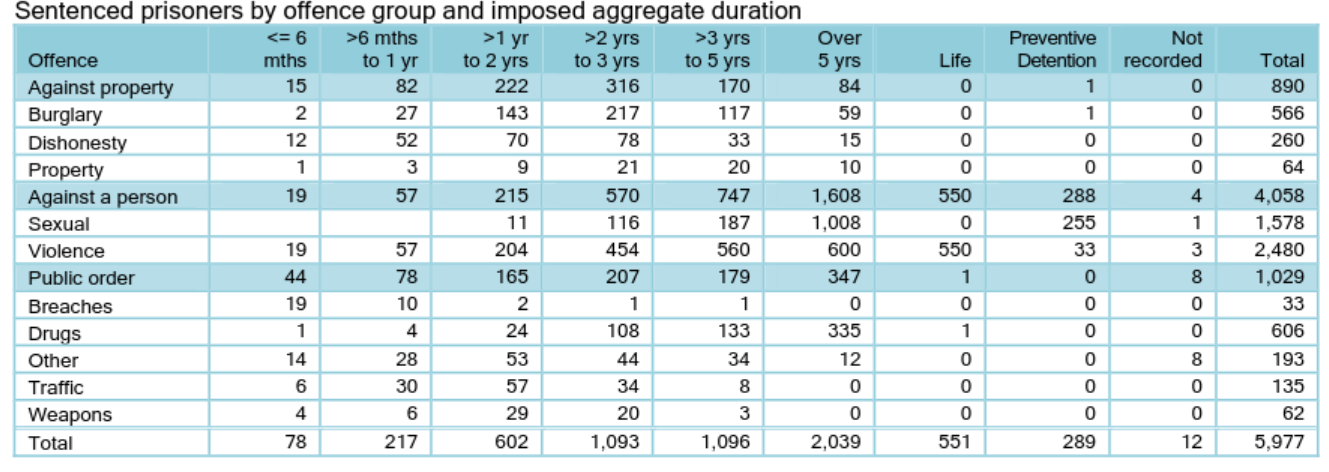Stay safe, everyone.
Oh jeez not another one :(
Stay safe as best you can, everyone, and don’t post police radio information.
Quick summary of where things are at:
- a shooter brought a pump action shotgun to a building site and started shooting at workers
- two people plus the shooter are dead
- three people seriously injured, three moderately injured
- one responding police officer injured
- does not appear to be politically or ideologically motivated
- shooter was recently sentenced to home detention on domestic violence charges (thanks @[email protected]).
More from police press conference:
- weapon not illegal type, but offender didn’t have firearms licence. Unclear how he got weapon, not previously known to have weapon
- was on home detention but had exemption to work at the site
- indications that motivation was related to the work site
- isolated, no wider risk, no reason for others to be worried about safety
- no concerns regarding FIFA event safety
deleted by creator
Maybe not the place to start a discussion on domestic violence, but it’s correlated with so many outcomes we don’t want as a society that getting people professional help at the first sign of trouble seems like an obvious starting point.
Therapy, anger management, drug or alcohol dependance treatment, etc. I’m not sure that we have much support for any of these at the moment.
I hope it’s a crazy guy and not a targeted terrorist attack.
If anything good can come out of tragedy like this, maybe it can be better mental health awareness/action.
deleted by creator
Any source on multiple dead? I’ve only heard 6 injured, 3 of which seriously. And maybe the gunman is dead?
It was a really pissed off guy with anger issues.
That is a really unfortunate url 🤔
It is understood a 24-year-old man working at Commercial Bay was the shooter, taking a shotgun into his workplace, Newshub reports.
A cultural report prepared for the sentencing said Reid had a “systemic depravation” in his background, a disconnection from his culture, a history of family instability and hardship and have been exposed to domestic violence and physical abuse as a young person.
He ran away from home at an early age. The report writer said there may also be some mental health issues.
I guess we should have seen it coming.
Who would have thought that poverty causes crime.
Is this actually a quote from one of the news stories? Just wondering if so, as it seems completely believable and I would not be the slightest bit surprised if it was true
Edit just read story linked below, and it is a quote from that
You’re absolutely right, we should have seen it coming. More precisely the judge responsible for sentencing him should have seen it coming. That is what he is paid for
So you think punishing this abused kid earlier and more severely would have prevented him from committing crimes?
While he remained in prison, yes. Certainly failing to imprison him earlier didnt work, did it
And talking about punishment completely misses the point. Sentencing needs to about risk management, not punishment. He was clearly a very serious risk, multiple people could see that and said as much, the judge failed to manage that risk adequately by incapacitating him until he no longer posed a risk and could be treated/ rehabilitated (if indeed he could be treated/ rehabilitated at all which is another discussion)
Punishment by itself achieves nothing, offenders like this cannot be deterred. And sometimes incapacitation is all we have got
While he remained in prison, yes. Certainly failing to imprison him earlier didnt work, did it
Nothing was done though. You make it sound like the only two choices were to jail him or do nothing.
And talking about punishment completely misses the point. Sentencing needs to about risk management, not punishment.
Risk management would be to find him some treatment to overcome his childhood trauma.
Punishment by itself achieves nothing, offenders like this cannot be deterred. And sometimes incapacitation is all we have got
And sometimes we have other options but the cruel and sadistic public is always braying for blood and guts and hurting abused children as much as humanly possible.
I recommend a book called “Noise: A flaw in human judgement”.
It looks into variation in professional judgement, they talk about how in any professional judgement, people are all over the place. It’s a good read but does get a bit stats-y at points. I don’t think you need to understand the maths to get value from the book though.
It spends a lot of time talking about US judges, and they do talk specifically about judges gauging flight risk of people being granted bail. They get it right like 55% of the time, and the author’s computer models do better at like 60%. It’s just really hard to judge. I would guess if every person in their circumstances was not granted bail, you’d need a lot more jail space.
The judiciary need to err on the side of caution a LOT more than they do currently. There needs to be a far bigger focus on risk management in the justice system. We have done this very successfully in aviation, we have done it for food safety, we have done so in many other areas of governance, and yes, it has come at a cost, but also has saved many lives and averted much misery. Yes, we would need a lot more jail space, but that is a cost I would be prepared to pay in increased taxes.
So the book touched on this. Their model was literally a model of the judge that it was compared against - as in they took a judges decision history and turned it into a model where it was the decision the judge made on average in a case with these circumstances, then compared it to the judge themselves. They did this with a bunch of judges, and found that while neither the judge nor the model did much better than 50/50 at guessing if someone would commit a crime/do a runner while on bail, there was a big improvement in the amount of time spent in custody with the computer decision - as in the computer model did much better at picking the ones that led to reduced time in custody for the same success rate vs the judge. So there’s a good possibility of being more cautious at keeping more risky people in custody while overall not needing more space to keep them.
The issue is that people aren’t comfortable with a computer making the decision, and also that the model will inevitably be biased against certain races because of a history of biased decisions that the model is based on (even of the model doesn’t take race into account). There’s a feedback loop, where if you remand someone in custody they can’t keep their job and are more likely to commit crimes in future. So you don’t want to feed into that if possible. But I’d think there’s a good argument for violent crimes (like in this case) to be treated more cautiously and ease up on nonviolent crime to balance.
The book talks about US judges but I’d think many of the benefits and concerns also apply in NZ.
Yes, I agree that locking people up for non-violent crimes is generally a poor use of resources, that said it is fairly rare for people to be imprisoned in NZ now for non-violent offending only, not that I’m saying it never happens, but it is uncommon.
I do think the use of a computer model is an innovation worth looking at, and I think that people here will be more open to the idea now given the recent performance of the judiciary. I would want the model to be programmed to be highly risk averse however, even if that ends up costing more in prison resource
Just looking through the 2020 stats here, in this PDF, it has this table:

That’s sentenced prisoners, so my understanding is that in 2020, almost 6,000 people were sentenced to prison, and of those a little under 1/3 were not crimes against a person. That’s still a pretty big proportion, though I’d guess most of the others we’d probably agree should be in prison if we had more detail.
Interestingly, it seems Corrections do use a Risk of Reconviction model, that they describe without much detail here, but then it links to a PDF with a lot more details. It does seem to take race into account, and treats Māori different from “Caucasian”, though I didn’t spend enough time with it to try to understand how it fits together.
The standout to me is that the model was written in 1999, and the website says it’s currently in use, so I wonder if it’s due for an update.
Thanks for this, very informative
Race absolutely should never be taken into account in any sentencing model, it is irrelevant, for that reason alone it needs updating
deleted by creator
At times like this I’m very glad we have the police that we do. Compared to places like Aus and the States I mean.
They get a lot of criticism (much of which is probably justified), but when the shit really hits the fan, they’re reliable and in there doing the really tough stuff.









